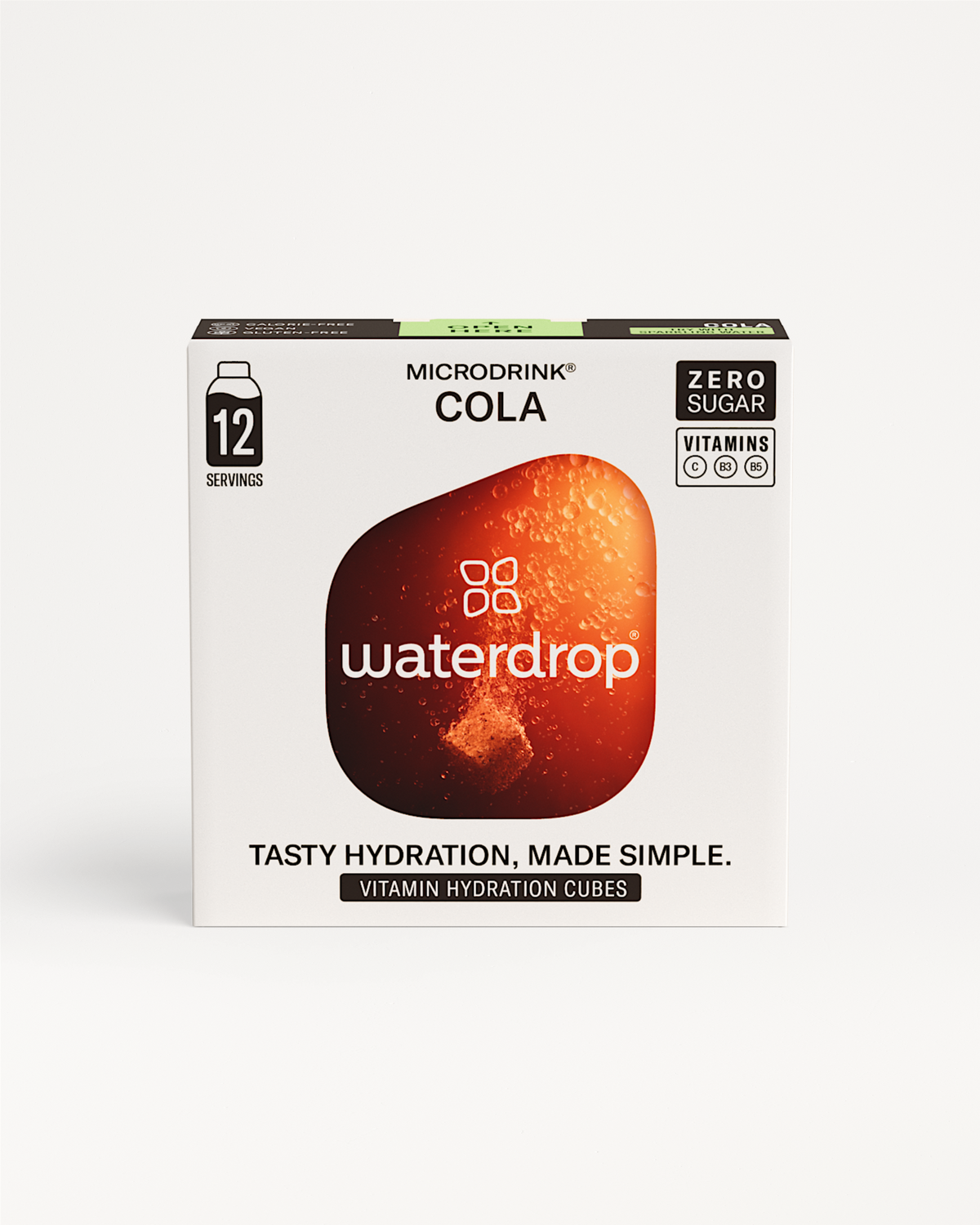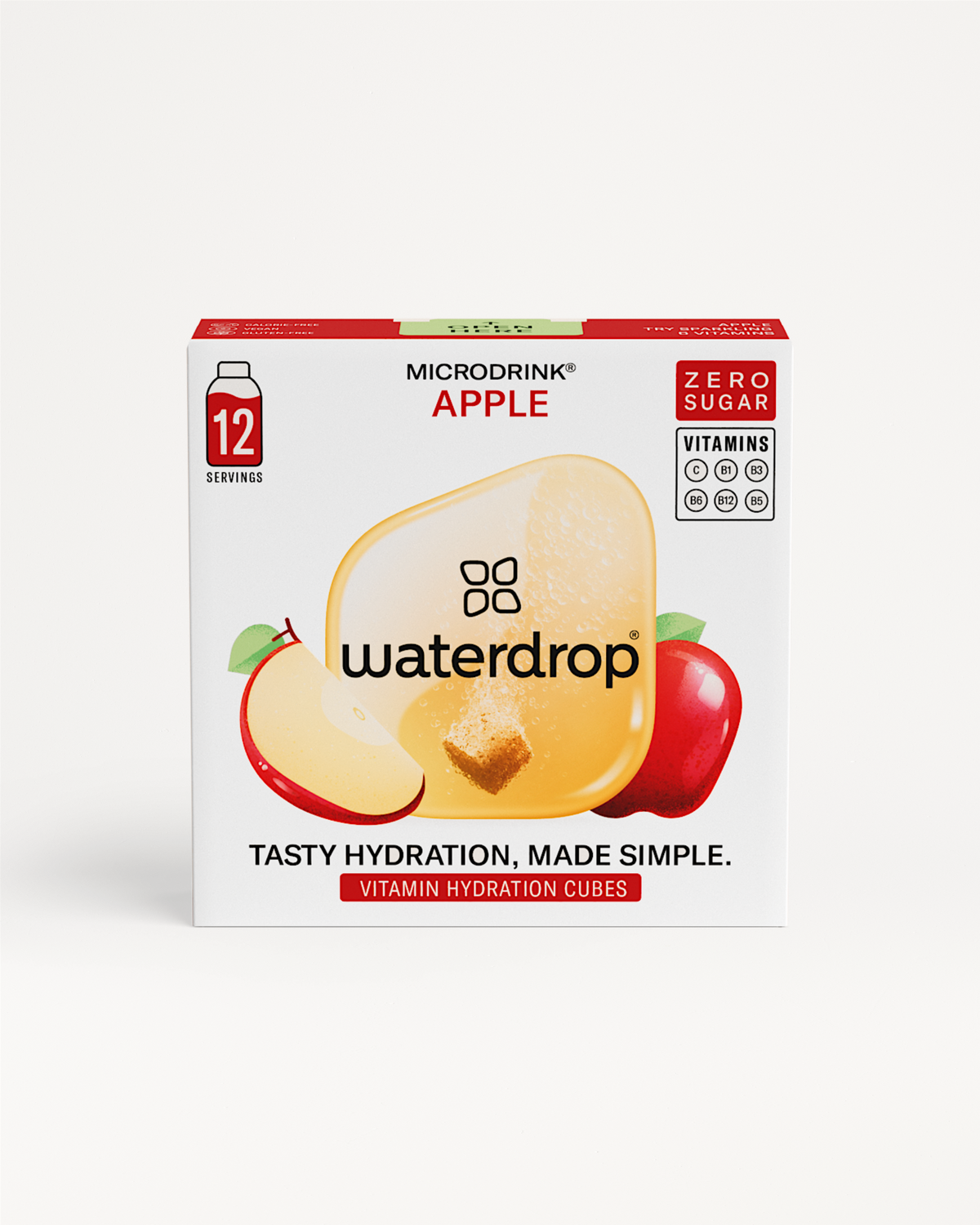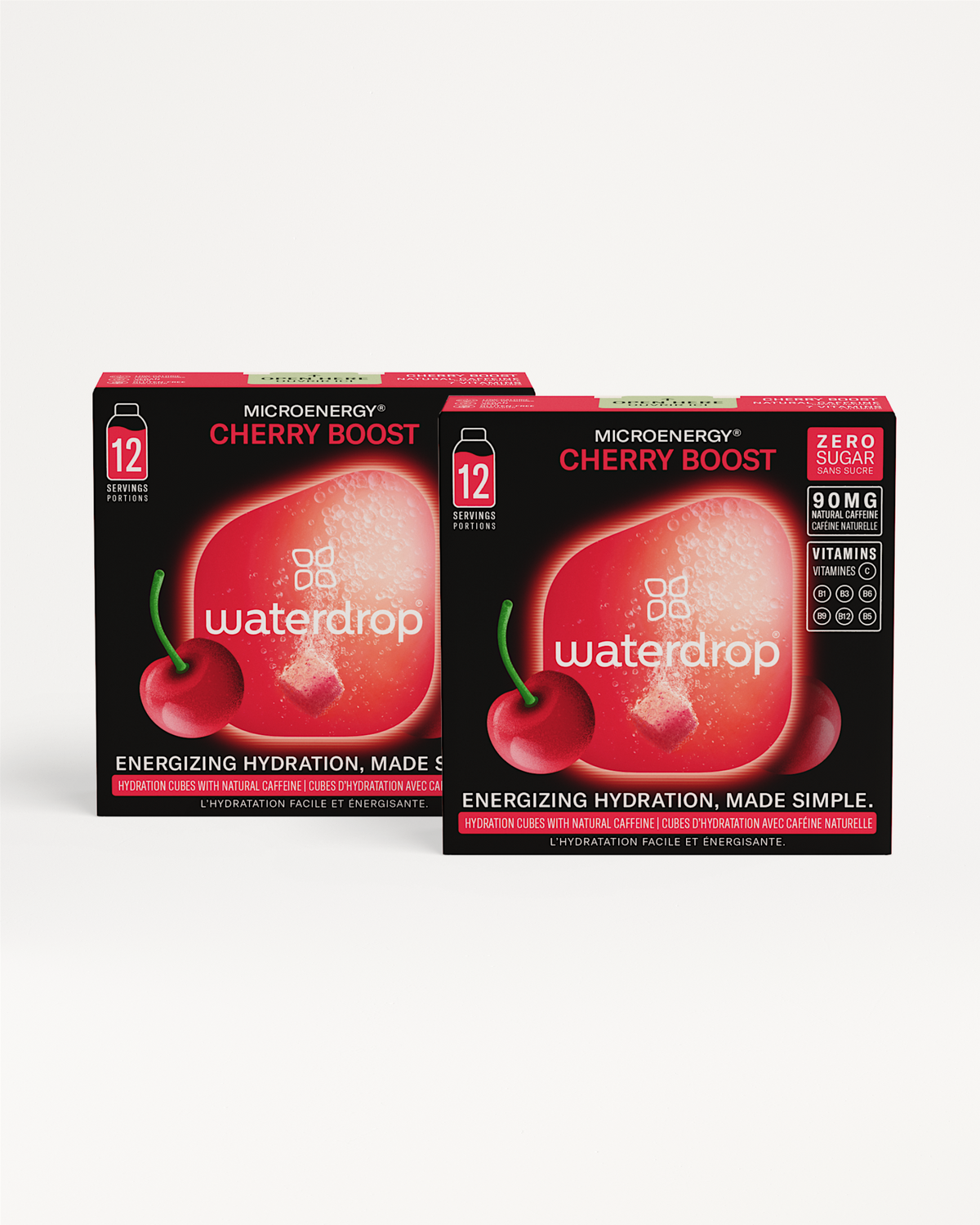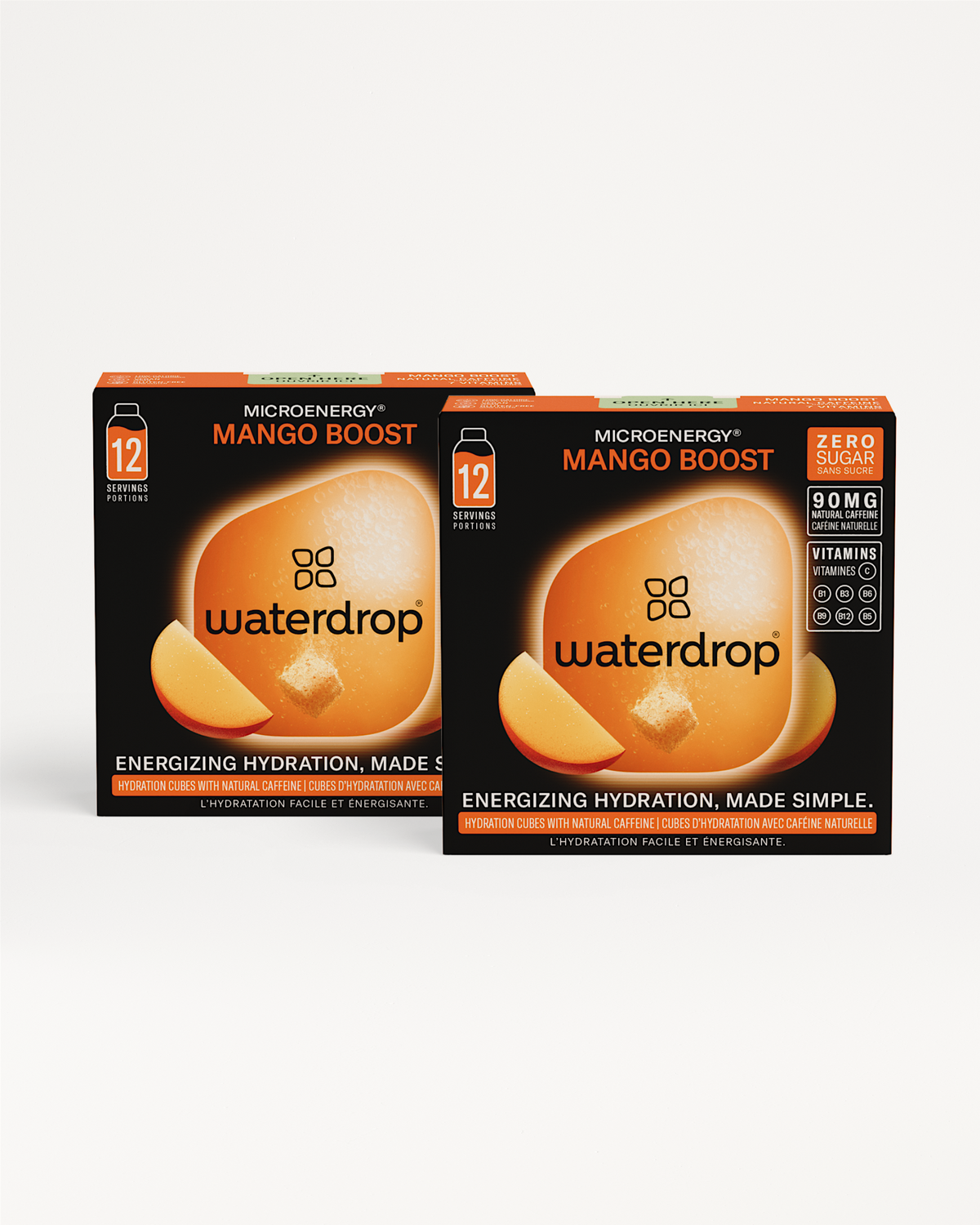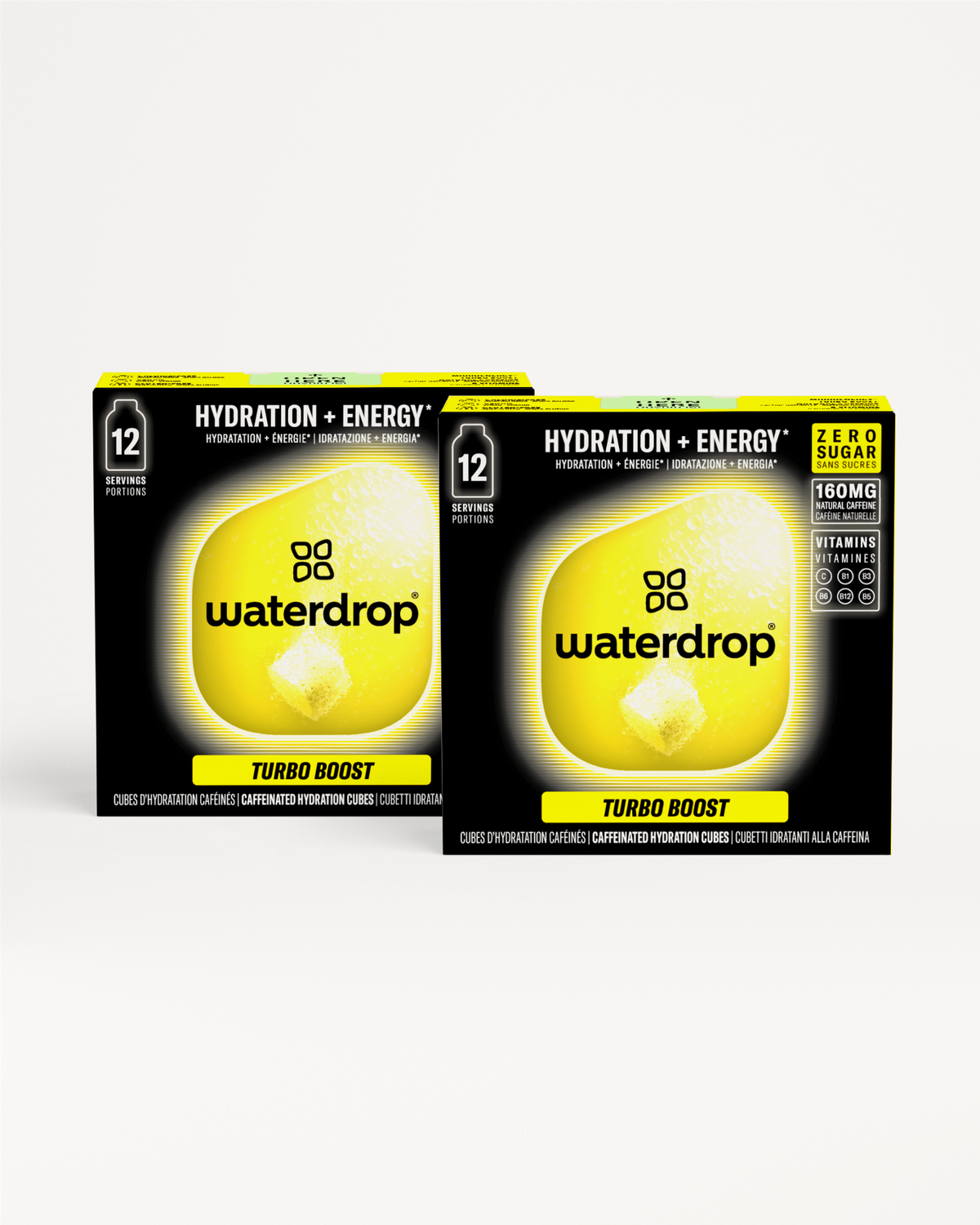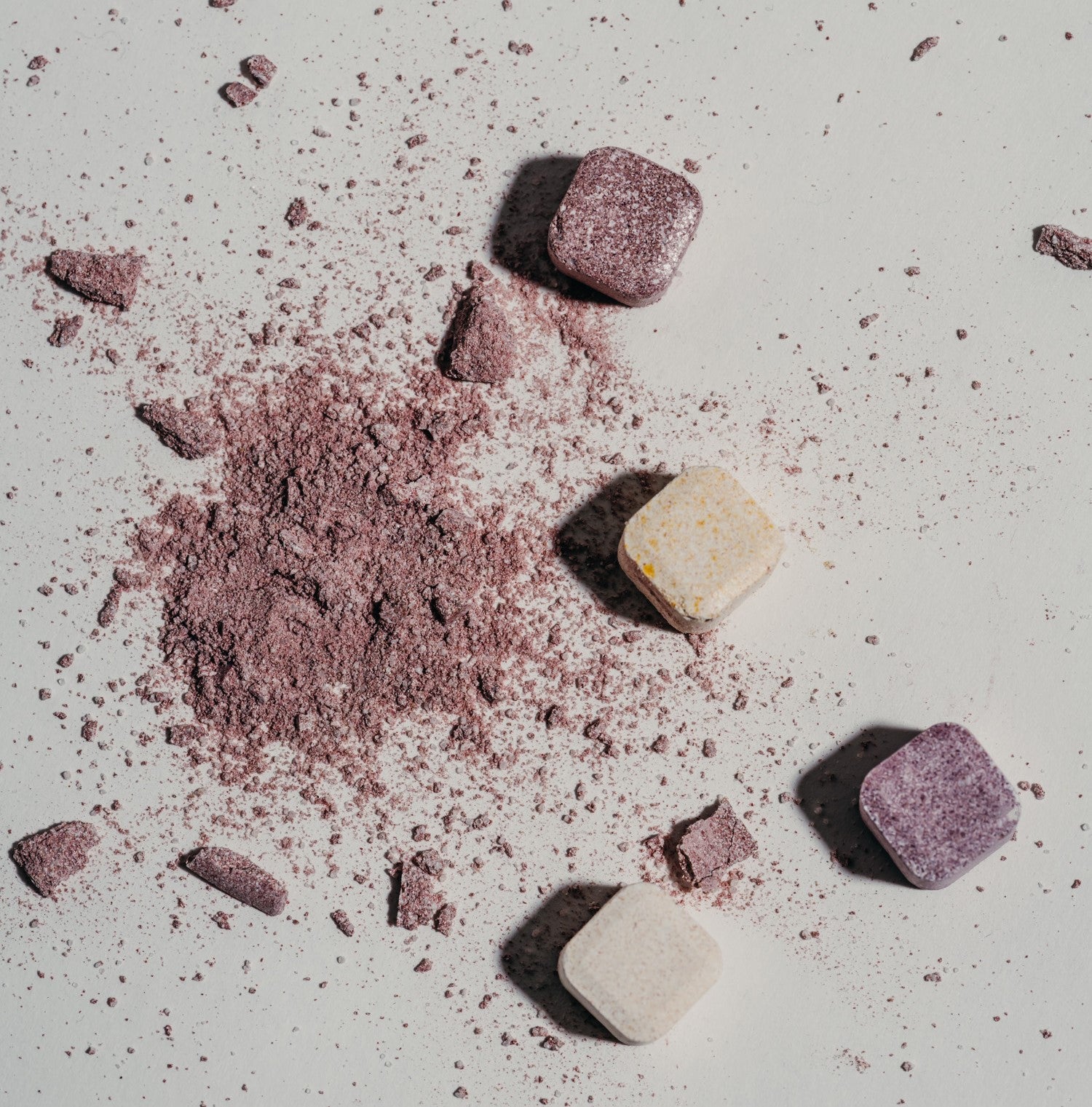At a time when additional sugar intake is at the forefront of public concern, sugar-free drinks and food have garnered widespread appeal, promising guilt-free sweetness with the use of low-calorie additives, better known as sweeteners. Simply put, a sweetener is a catch-all term which, in form, can be either natural or artificial. Whereas natural sweeteners may be both nutritive and flavoursome, non-nutritive sweeteners are commercially derived, taking precedence with their little to no calorie value, making them commonplace ingredients in food, drinks, and surprising to most, daily essentials such as toothpaste.
The rise and rise of sweeteners has, in part, been influenced by the success of sugar taxes that have been introduced in over 40 countries since 2010. In the UK, an industry levy was imposed on sugar in 2018 as part of a plan to “tackle childhood obesity”¹. Primarily targeting the beverage industry, the tax charged manufacturers 24p a litre for any drink with 8g of sugar or more per 100ml. The impact saw the majority of soft drinks brands make an unprecedented U-turn in cutting sugar content and replacing the missing sweetness with an artificial alternative.
One such sweetener is stevia. Herbal as opposed to artificial, stevia is a plant that is a member of the chrysanthemum family and regarded as a safe alternative to sugar that has few negative health effects when directly linked to that of refined sugar.
Valued most for its sweet taste, stevia can be found in three forms:
- Green Leaf Stevia: the least processed form of stevia (30-40 times sweeter than sugar).
- Stevia Extracts: Up to 200 times sweeter than sugar.
- Alerted Stevia: highly processed in form containing GMO ingredients, it can be up to 200-400 times sweeter than sugar.
As more research emerges, more benefits to using stevia come to light. Let us explore some in more detail.
1. Blood Sugar Levels
One of the most important biological effects of stevia is that it does not contribute to increased blood sugar levels when compared to refined sugar². Unlike artificial sweeteners, and of course, sugar, stevia’s herbal properties can not only suppress blood sugar levels, but stabilise them whilst increasing glucose tolerance.
2. Blood Pressure
Stevia is known to act as a vasodilator, causing the blood vessels to widen and subsequently help to lower blood pressure³. With reference to the recommended daily intake below, as with everything health-specific, caution should be taken if using stevia with the sole intention of lowering blood pressure. We recommend speaking to a medical professional before proceeding.
3. Young and Old
With research evidencing that sweeteners are safe to eat and drink on a daily basis⁴, there is currently no age limit when consuming stevia. With a recommended daily intake of 1.8 mg per pound of body weight for both children and adults⁵, when used correctly, stevia can help prevent adverse health risks associated with sugar consumption, such as heart disease, high cholesterol levels and obesity.
In addition, stevia does not pose any risks during pregnancy or whilst breastfeeding⁶.
4. Zero Calories
Stevia is a non-nutritive sweetener. This means that stevia holds no nutritional value on its own, therefore little to no carbohydrates, and subsequently, no calories – despite its strengths of sweetness. And because stevia takes a number of forms – tablets, powders and liquid – it can, when used as part of a well-rounded diet, be a tool that can aid weight loss⁷.
5. No Link to Cancer
Simply put, evidence has shown that sweeteners, such as stevia, do not increase the risk of cancer⁸. In addition, the European Food Safety Authority (EFSA) has also reviewed this evidence, ruling that artificial sweeteners, when consumed in moderate daily amounts, are not harmful and do not have any connection to causing cancer.
It’s a fact: we know we need to cut down on sugar. But, at a time when ultra-processed foods and sugary drinks are so readily-available, what stevia, among other sweeteners, has proven is that you can still consume sweetness without consequences when compared to that of refined sugar. A lasting pleasure that, in essence, people can realistically hold onto.
Sources:
¹ https://www.gov.uk/government/news/soft-drinks-industry-levy-comes-into-effect
² https://www.ncbi.nlm.nih.gov/pmc/articles/PMC2900484/
³ https://pubmed.ncbi.nlm.nih.gov/25412840/
⁴ https://www.nhs.uk/live-well/eat-well/food-types/are-sweeteners-safe/
⁵ https://www.ncbi.nlm.nih.gov/pmc/articles/PMC5591507/
⁶ https://www.ncbi.nlm.nih.gov/pmc/articles/PMC4229159/
⁷ https://www.esht.nhs.uk/wp-content/uploads/2019/01/0710.pdf
⁸ https://www.cancerresearchuk.org/about-cancer/causes-of-cancer/cancer-myths/do-artificial-sweeteners-cause-cancer
Disclaimer: All links were accessed 10-20 February 2023. The information provided in this article is based on the facts available at the time.






















